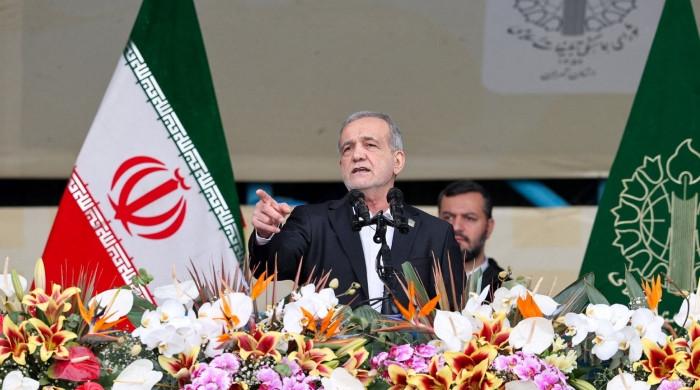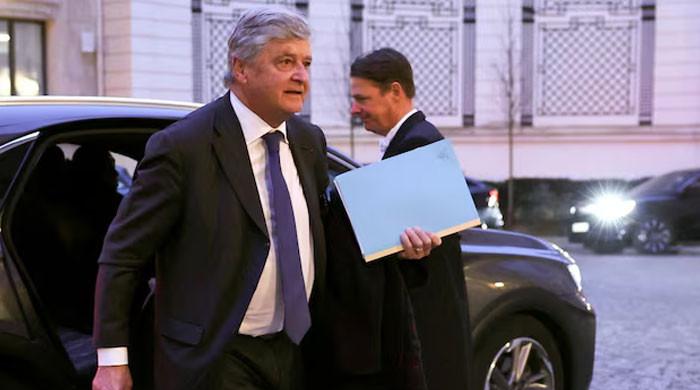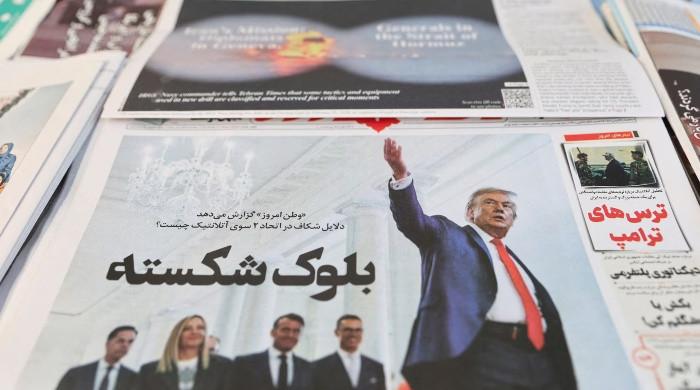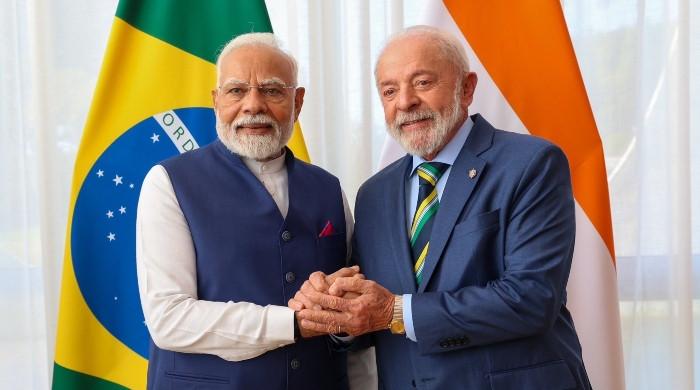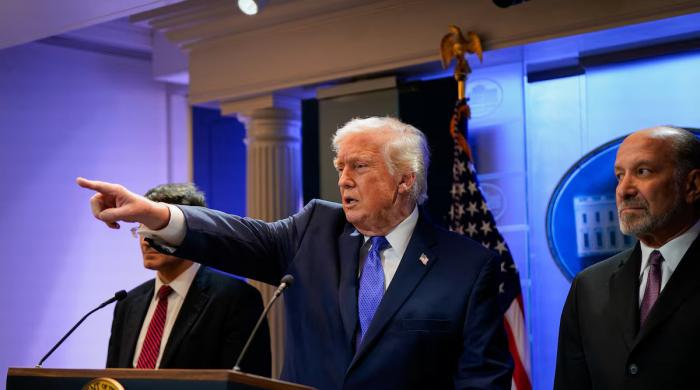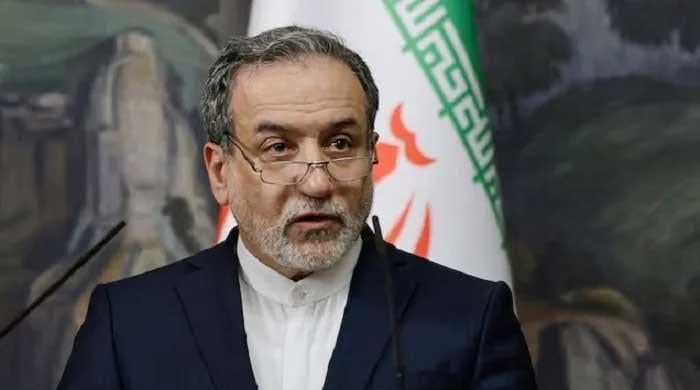Calls for restrain emerge as fears of wider Israel-Iran war grow
Russian President Putin condemned Israel’s actions, calling them violation of UN Charter and international legal norms
June 14, 2025
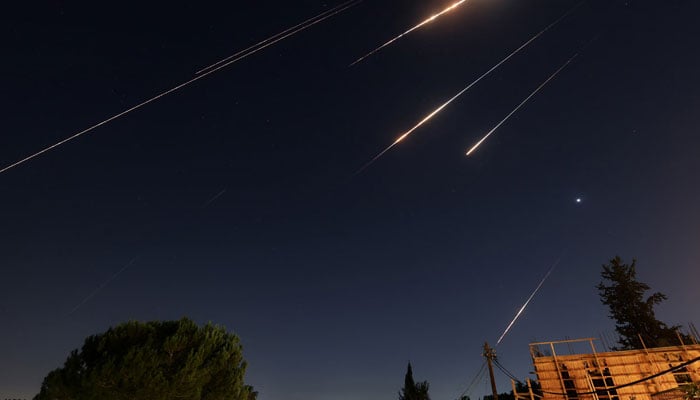
World leaders have called on Israel and Iran to exercise restraint and give a chance to dialogue and diplomacy as Israel has vowed to annihilate its rival's nuclear programme.
Meantime, Pakistan has strongly condemned Israel's attacks on Iran and called them as "grave danger and a serious threat" to peace, security, and stability across the entire region and beyond.
The United Nations, China, Saudi Arabia, Qatar, and the European Union have all joined the call for de-escalation with Russia and China offering to mediate between the warring sides.
Addressing an emergency session of the United Nations Security Council, Pakistan’s UN Ambassador, Asim Iftikhar Ahmad, warned that Israeli strikes on Iranian nuclear and military facilities pose a serious threat to peace in the region and beyond.
He reaffirmed Pakistan’s strong support for Iran and urged the international community to act swiftly before the situation worsens. Ahmad stressed the importance of resolving the crisis through dialogue and diplomacy and called on the Security Council to uphold international law.
Russian President Vladimir Putin also condemned Israel’s actions, calling them a violation of the UN Charter and international legal norms.
In separate phone conversations with Israeli Prime Minister Benjamin Netanyahu and Iranian President Masoud Pezeshkian, Putin offered Russia’s support in brokering peace and preventing further escalation. Urging both sides to show restraint, the Kremlin said that any concerns over Iran’s nuclear programme must be addressed through peaceful means.
Reacting to the grave situation, China also voiced concerns about the peace and security in the region.
China’s foreign ministry expressed alarm over the situation and warned that continued hostilities could destabilise the Middle East.
Without naming Israel directly, Beijing condemned breaches of Iran’s sovereignty. China hinted that it is willing to assist in mediation between the two nations, drawing on its role in easing tensions between Iran and Saudi Arabia in 2023.
Expressing deep concerns over the escalations, United Nations Secretary-General António Guterres issued a blunt appeal: “Enough escalation. Time to stop. Peace and diplomacy must prevail,” he said, following the latest exchange of attacks between the two nations.
European Commission President Ursula von der Leyen described the unfolding events as “deeply alarming”. While acknowledging Israel’s right to self-defence, she stressed that maintaining regional stability must remain the priority.
Saudi Arabia and Qatar have also weighed in with their concerns for peace and security in the region, in separate telephonic conversations with US President Donald Trump.
Saudi Crown Prince Mohammed bin Salman, in a call with US President Donald Trump, underlined the need for calm and diplomatic efforts. Qatar’s Emir Sheikh Tamim bin Hamad Al Thani delivered a similar message in a separate conversation with Trump, highlighting the need to prevent the region from sliding into deeper conflict.




